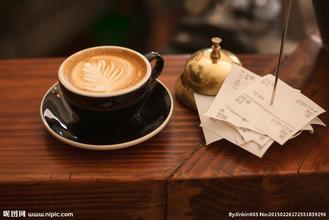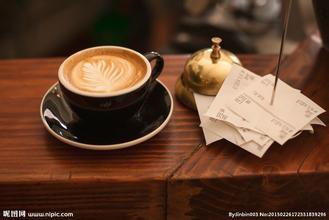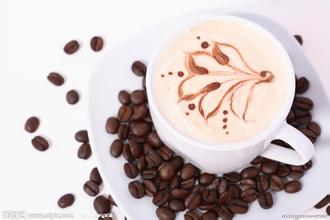Coffee producing area of Papua New Guinea, an European coffee producing country
The quality gradually declined after 991, and the European market was lost with it. The extra price of coffee such as Y is gradually.
Down. This is related to the country's policy of "one registration, one price". This policy applies to a line as volatile as coffee.
As far as industry is concerned, it is not feasible at all. As a result, poor quality coffee beans have damaged the image of high quality standards of coffee such as Y, resulting in
There is a backlog.
* * the countermeasure is to establish a new quality grade, temporarily suspend the production of coffee such as Y, and no longer implement "one grade, one price".
The policy of. This allows buyers to price according to quality, which is bound to have an impact on the income of farmers who produce shoddy coffee beans. To
In 1993, the quality problem was basically solved. Most regular customers are buying coffee from Papua New Guinea again.
. Coffee such as Y is now sold at a slightly lower extra price, indicating that the quality has improved.
Although coffee production is exuberant in some places, the coffee beans harvested vary from raw to ripe due to the lack of persistence of the growers.
Little different. Among the high grades, AA is rare, and generally available are An and AB. The main characteristics of Grade A coffee are:
The particles are plump, the acidity is too light, and the aftertaste is endless.
The flavor is varied, the taste is rich, the granule is full, and the use is wide.
Mild to moderate baking methods are recommended.
With a good rating in Papua New Guinea, about 75% of coffee products come from small local farms. Many farms are reclaimed in the forest.
The land, some farms deep in the forest, is almost isolated from the rest of the world. The coffee in the country is grown on highlands between 1300 and 1800 meters above sea level.
Therefore, the quality is very high. Although coffee is also grown in some lowlands, the yield is relatively small. Locally grown coffee
Most of the caffeine is grown under natural conditions because of the problems and high costs of transporting fertilizers and pesticides to the farm.
The coffee industry plays an important role in the country's economy. 1 million people are directly and indirectly engaged in the industry. * * approved
Provide the lowest purchase price to encourage planting. The industry itself is controlled by the Coffee Industry Committee. The committee is located in GE, east of Mustard Island.
Roca, however, the export business is handled by private companies

Important Notice :
前街咖啡 FrontStreet Coffee has moved to new addredd:
FrontStreet Coffee Address: 315,Donghua East Road,GuangZhou
Tel:020 38364473
- Prev

Rose Summer Coffee from Western Ethiopia
Geisha, which is grown in many parts of the world, is the new king of boutique coffee, with high quality and high prices in Latin American countries such as Panama, Guatemala and Colombia. Rosa coffee raw beans have a very beautiful turquoise, jade-like warm texture, smell of fresh grass, peach, berry and oolong that most coffee beans do not have.
- Next

Introduction to the name of International Coffee Bean
Yemeni (Yemen) well-known representative coffee: Mocha Mattari (Mocha Mattari) Isabia (Ethiopia) well-known representative coffee: Mocha Harra, Yirgacheffe) Ivory Coast (Cote dIvoire / Ivory Coast) well-known representative coffee: no Kenya (Kenya) well-known representative coffee: Kenya AA Tanzania (Tanz)
Related
- Does Rose Summer choose Blue, Green or Red? Detailed explanation of Rose Summer Coffee plots and Classification in Panamanian Jade Manor
- What is the difference between the origin, producing area, processing plant, cooperative and manor of coffee beans?
- How fine does the espresso powder fit? how to grind the espresso?
- Sca coffee roasting degree color card coffee roasting degree 8 roasting color values what do you mean?
- The practice of lattes: how to make lattes at home
- Introduction to Indonesian Fine Coffee beans-- Java Coffee producing area of Indonesian Arabica Coffee
- How much will the flavor of light and medium roasted rose summer be expressed? What baking level is rose summer suitable for?
- Introduction to the characteristics of washing, sun-drying or wet-planing coffee commonly used in Mantenin, Indonesia
- Price characteristics of Arabica Coffee Bean Starbucks introduction to Manning Coffee Bean Taste producing area Variety Manor
- What is the authentic Yega flavor? What are the flavor characteristics of the really excellent Yejasuffi coffee beans?

